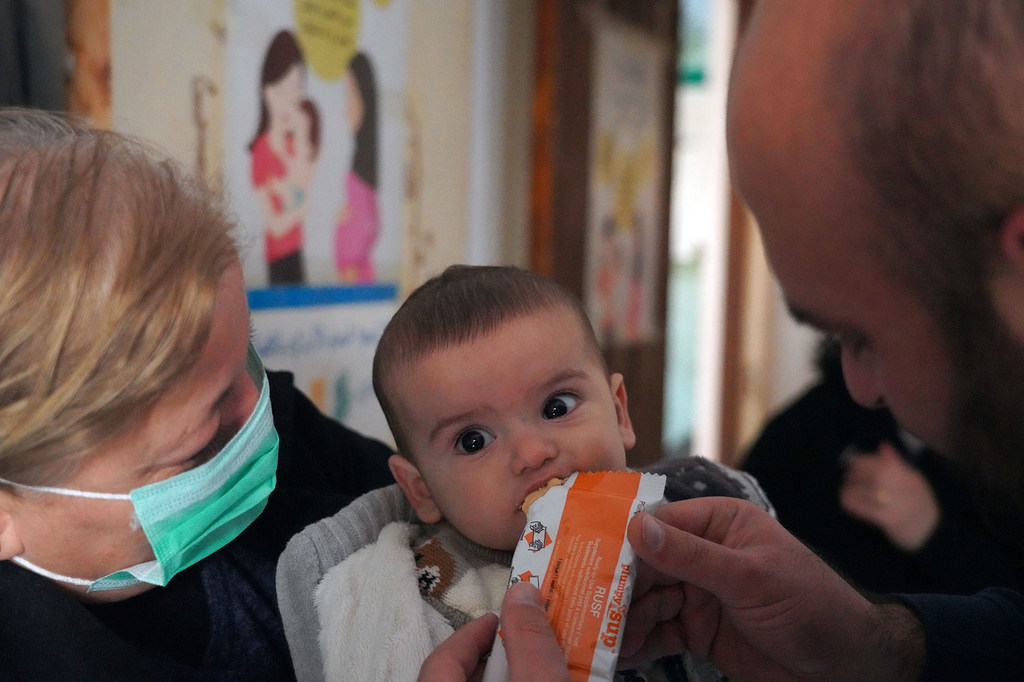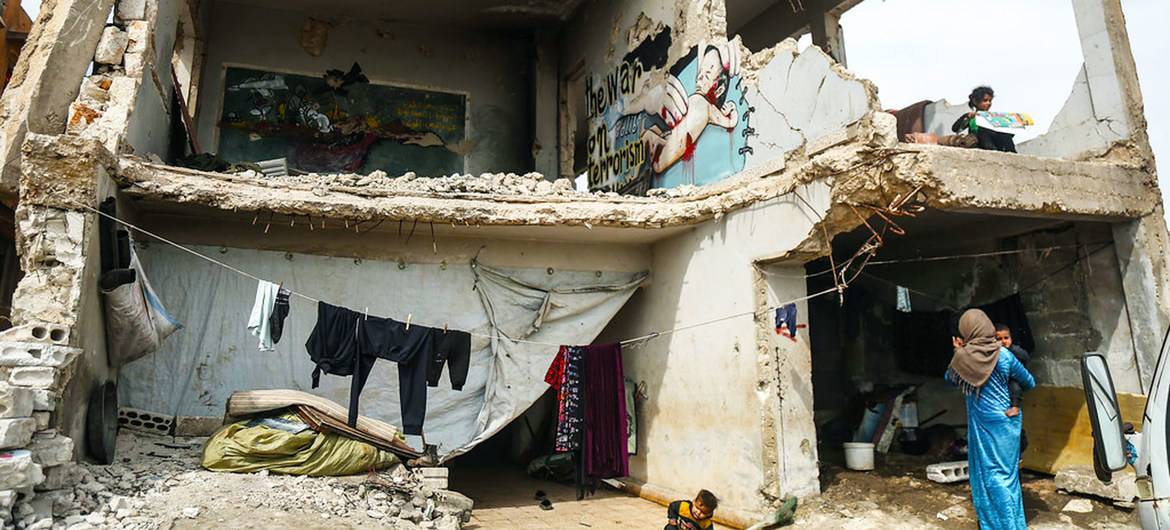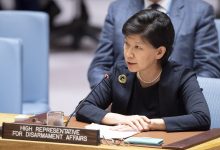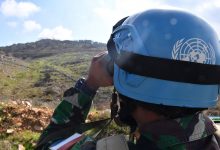Syria: Economic decline, rising hunger and surging humanitarian needs
 Syria’s fragile economy has “suffered multiple shocks” over the past 18 months, with its currency plummeting and joblessness swelling as people struggle to cover their basic needs, the UN Emergency Relief Coordinator told the Security Council on Thursday.
Syria’s fragile economy has “suffered multiple shocks” over the past 18 months, with its currency plummeting and joblessness swelling as people struggle to cover their basic needs, the UN Emergency Relief Coordinator told the Security Council on Thursday.
Citing “disturbing new food security data” published by the World Food Programme (WFP), Under-Secretary-General for Humanitarian Affairs Mark Lowcock stated that some 60 per cent of the population “do not have regular access to enough safe and nutritious food”.
“The increase may be shocking, but it cannot be said to be surprising”, he said via video link.
‘Desperate measures’
The UN official told the Council that average household expenses now exceed income by an estimated 20 per cent, leaving millions to resort to “desperate measures” to survive.
More than 70 per cent of Syrians say they have taken on new debt, and are forced to sell assets and livestock. Meanwhile, parents are eating less so they can feed their children, who are now working instead of studying.
“Those who have run out of options are simply going hungry”, he spelled out, flagging that more than half a million under-fives are suffering from the effects of stunting.
Looking north
While these problems are visible in many parts of the country, Mr. Lowcock drew attention to the northwest and northeast, where nutrition data show that up to one in three children in some areas, suffer from the irreversible development and learning impacts of stunting.
“A doctor at a pediatrics hospital told me that of his 80 in-patient beds, half are occupied by malnourished children”, five of whom had died due to their condition, he said.
Meanwhile, malnutrition has become so normal that parents cannot spot the signs in their own children, another doctor told the relief chief.
Cross-border assistance
Some physicians shared their concerns that cross-border aid into Syria’s northwest may be disrupted, prompting Mr. Lowcock to stress the importance of humanitarian access.
“All humanitarian assistance that enters northwest Syria is delivered cross-border” and supports 2.4 million people monthly, he said. Without it, “the situation would go from terrible to catastrophic”.
“When it comes to delivering life-saving aid to people in need, all channels should be made, and should be kept, available”, the UN official said, echoing the Secretary-General.
Should the Security Council fail to extend its authorization for cross-border assistance in the future, he warned that it would “trigger suffering and loss of life potentially on a very large scale”.
Turning to the northeast, Mr. Lowcock informed ambassadors that recent tensions have caused temporary disruptions in emergency assistance for hundreds of thousands of people.
While the UN has continued to scale up crossline medical deliveries there, expanding its reach is dependent on approvals, improved security conditions and adequate funding.

OCHASixteen families live in a damaged school in Binish, a city in northwest Syria.
Protecting civilians
He painted a picture of a series of “horrific bombings” that killed dozens and injured many others, a humanitarian worker killed while helping COVID-19-affected people on 16 February, and a hospital damaged when a missile struck an adjoining building,
Every day, humanitarian workers in Syria deliver aid under the most difficult circumstances and at great personal risk, Mr. Lowcock said, spelling out: “They must be protected”.
He informed the Council that the third draft of UN Strategic Framework for 2021-2023, which covers the UN country team’s agreed operational activities, is moving forward and noted those activities are complementary to the Humanitarian Response Plan “to save lives, enhance protection, and increase resilience and access to services”.
“This is essential at a time when the economy continues to suffer severe decline, poverty and hunger are on the rise, and humanitarian needs are also increasing”, he concluded.



